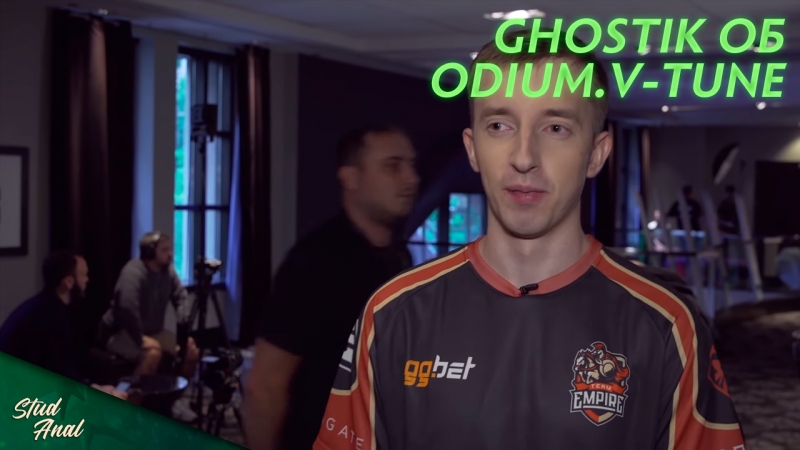In the volatile world of professional esports, where fortunes are won and lost in fractions of a second, team cohesion is often the most fragile component. Recently, Ilya “Lil” Ilyuk, a veteran of the Dota 2 scene and the founder of the Odium organization, peeled back the curtain on a particularly acrimonious chapter from the team`s past, casting a spotlight on his former teammate Andrey “Ghostik” Kadyk.
The revelation, shared through Odium`s Telegram channel, revisits the tumultuous period of 2018 when Lil and Ghostik shared a roster under the Odium banner. This was a team that, despite its potential, struggled to make a mark, ultimately failing to qualify for significant events like The Kuala Lumpur Major and ESL One Hamburg before its swift dissolution.
The Allegations: Ego, Sabotage, and a Phantom Debt
Lil`s account paints a picture of internal strife, beginning with a controversial roster decision. According to Lil, an opportunity arose to recruit Ilya “Nightfall” Aliev (then known as epilept1c kid) as a carry player. However, this promising addition was allegedly vetoed by Ghostik. The reason? A clash of egos. Lil claims Ghostik`s pride “did not allow him to have a person who 1) talks a lot 2) is another captain.”
This initial friction, Lil asserts, escalated into more severe issues. He alleges that Ghostik subsequently began to “sabotage” other members of the team. While specific instances of this alleged sabotage remain unelaborated in Lil`s statement, the implication points towards actions detrimental to team performance and morale.
The narrative then shifts to a financial dispute that adds a layer of bitter irony to the tale. Lil recounts an instance where Ghostik requested an advance on his salary, citing a “difficult life situation.” Lil, in a moment of perhaps naive trust, questioned if this would lead to an abrupt departure, to which Ghostik allegedly responded with firm assurances of commitment.
“You always thought Lil was a bad person, but I`m not a bad person, I just got unlucky.”
However, Lil claims these assurances evaporated rapidly. “Literally 2 days later,” Lil states, Ghostik declared he saw “no sense in continuing to play in THIS team with THESE people,” and promptly left. The ensuing twist, as recounted by Lil, is particularly striking: Ghostik then allegedly proceeded to form a new team comprised of “these same people” whom he had supposedly deemed unfit to play with just days prior.
Adding insult to injury, Lil concludes his story by asserting that Ghostik still owes him $2,000 from the advanced salary. It`s a poignant reminder that in esports, as in any professional sport, personal financial dealings can quickly become tangled with team dynamics.
The Unspoken Truths of Esports Team Building
Lil`s decision to bring this long-buried conflict to light was, by his own admission, prompted by Ghostik allegedly spreading “outright lies and fakes” about him. This public airing of grievances, while seemingly personal, underscores a broader, often overlooked aspect of competitive gaming: the profound impact of interpersonal relationships on performance and stability.
The tale of Odium in 2018 serves as a stark reminder of how fragile a professional esports roster can be. The intricate balance of skill, communication, and temperament required for success can be easily disrupted by ego clashes, perceived slights, and financial pressures. A single individual`s motivations or personal issues, whether perceived or real, can ripple through a team, undermining its structure and leading to swift collapse, as was the case with Odium`s month-long existence.
While the specifics of the Nightfall recruitment, the alleged sabotage, and the $2,000 debt remain Lil`s account, his revelation provides a rare glimpse into the complex, often hidden, challenges faced by esports organizations and players. It highlights that beyond the dazzling plays and tournament victories, the human element—with all its flaws and virtues—remains the most unpredictable variable in the quest for competitive glory.

